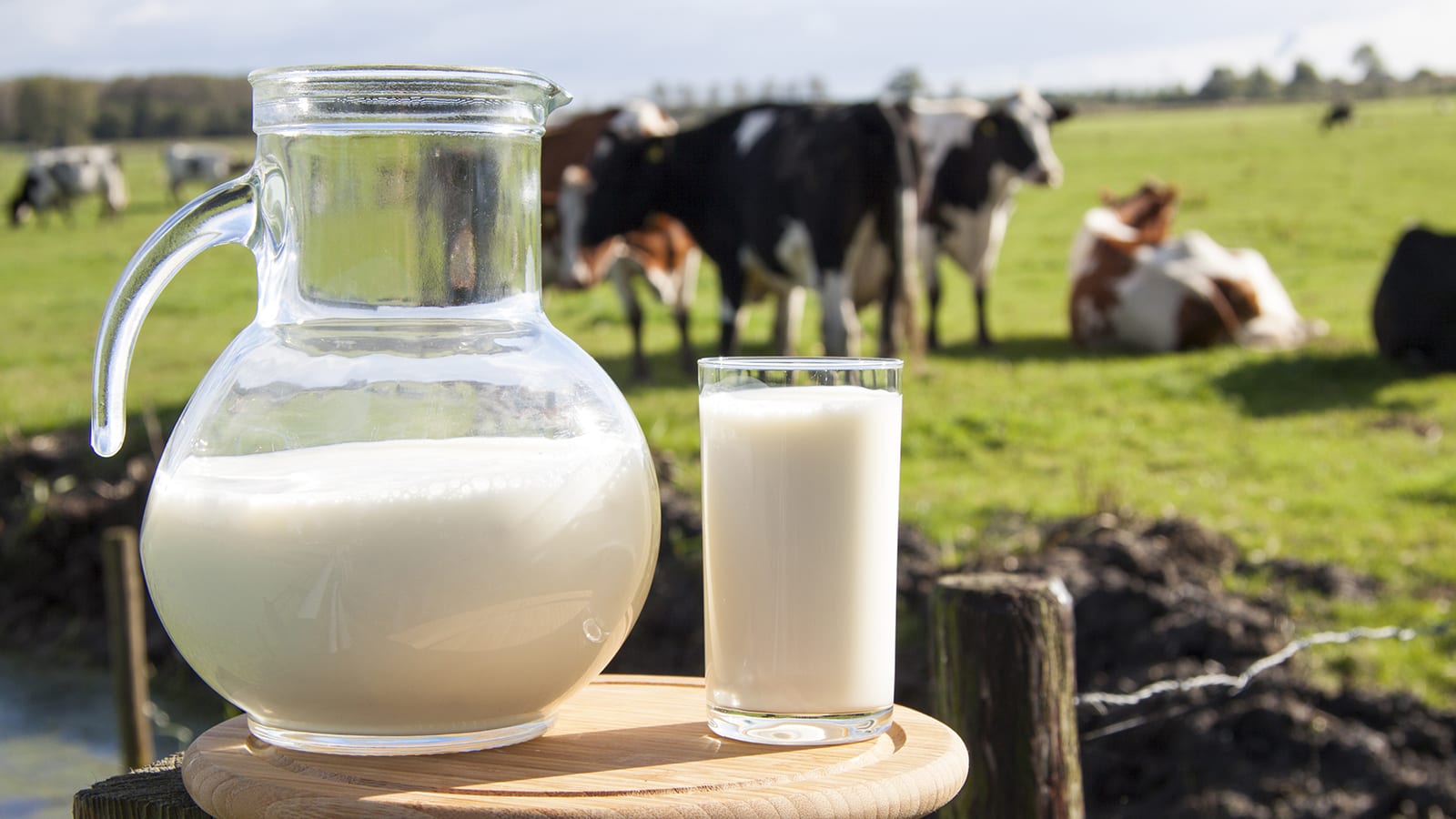News bites
This article was originally published in October 2018

Farm labor housing
The U.S. Department of Agriculture (USDA) has amended the Housing Act of 1949 to include eligibility to agricultural workers who have been admitted legally to the U.S. and are authorized to work in agriculture. Through this rule change, domestic farm laborers with H-2A work visas now are eligible for state-inspected housing and assistance in housing through USDA. (Feedstuffs.com)
Chlorpyrifos ban
The U.S. Court of Appeals for the 9th Circuit ruled that the Environmental Protection Agency (EPA) must ban the pesticide chlorpyrifos. This decision contradicts a Trump administration decision to halt EPA’s proposed chlorpyrifos ban. Chlorpyrifos is one of the most commonly used pesticides in the U.S. and is associated with developmental disabilities and health risks for children. (Politico)
Crops and climate change
Global climate change is expected to increase the number and intensity of wildfires in the West, and Washington farmers are compensating for this new “fifth season.” Smoke from wildfires gets between the sun and ripening crops, decreasing yields in produce, such as potatoes and wine grapes. Farmworkers also are suffering in smoky fields or stopping work for safety reasons, leading to health effects and to a delayed harvest. (NPR’s the Salt)
USDA pulls ERS
The Economic Research Service (ERS), formerly the research arm of USDA, is being moved from USDA to the Office of the Chief Economist and, physically, from Washington, D.C. to a (likely) location in the Midwest to be determined. The role of the ERS is to research the U.S. agricultural economy and practices, and to issue forecasts on global trade and agricultural chemical use. Some see the move as an attempt to “dissolve the firewall” between the scientific and political arms of the department, amidst reports on impacts of climate change to agriculture and food security. (New Food Economy)
Non-GE sales soar
Germany expects to see record non-GMO food sales this year. If forecast data proves correct, German food producers will sell retailers 7 billion Euros worth of milk, dairy, eggs and poultry verified by a government-backed non-GMO food seal. The German Association of Food without Genetic Engineering, which runs the country’s non-GMO certification, Ohen GenTechnik, says that forecast would be a 27 percent increase compared to sales in 2017. (Feednavigator.com)
Heart-healthy whole milk
New research published in the American Journal of Clinical Nutrition found no significant link between dairy fats and heart disease or stroke — two leading causes of death in the United States. In fact, researchers found that certain types of dairy fat actually may lower the risk of stroke. The methodology of the study was also noteworthy as the research relied on biomarkers of fatty acids in dairy products rather than the more common approach of self-reported consumption. (Cornucopia Institute)
Fair labor milk
The worker-led “Milk with Dignity” initiative successfully lobbied Vermont-based ice cream company, Ben & Jerry’s, to pay a premium to farmers who improve human rights conditions for migrant farmworkers. The initiative impacts nearly 1,500 migrant workers employed by Vermont’s dairy farms who previously had little leverage for worker protection. Improved working conditions include days off, higher wages, better housing, and stricter guidelines and accountability for workplace safety. (necn.com)
Heat stress
A coalition of worker advocacy groups is asking the Occupational Safety and Health Administration (OSHA) to create a national standard for heat stress. Increased heat spells due to climate change are leading to increased death and injury rates for farmworkers, who are asking OSHA for increased protections. The coalition previously petitioned OSHA for a heat standard in 2012, under the Obama administration, but was denied. (huffpost.com)
Heat and wheat
The world wheat supply is likely to be in a deficit this year, for the first time in six years. The top growers — Russia, Australia and the European Union — all experienced high heat or drought this year that impacted crop outputs. The decline in supply impacts global trade and could lead to political instability in some areas, similar to the consequences of the food price spikes in 2008 and 2011. Harvests in the U.S. are not turning out to be as low as predicted, raising prospects for some exports. (Bloomberg News)
Co-ops for clean water
The Cooperative Water and Sanitation for Health (CoopWASH) project, in partnership with the Starbucks Foundation, helped to provide more than 30,000 people in Indonesia with access to clean water. Over three years, the project installed more than 60 gravity-fed and deep-well water systems, providing new clean sources of water for 80 percent of the community. Access to clean water also is important to gender equality, and estimates show the CoopWASH project helped reduce the workload of women and girls by 75 percent in the Aceh and North Sumatra provinces. (ncba.coop)
Nitrogen-fixing corn
Researchers at the University of Wisconsin, Madison, and the University of California, Davis, have identified a variety of corn that uses bacteria to pull nitrogen from the air. Traditional nitrogen needs of corn are high, requiring heavy fertilizer use and contaminating waterways. Identifying this trait may lead to a reduction of nitrogen use in agriculture broadly. (thefencepost.com)
Heavy metals in baby food?
Tests conducted by Consumer Reports found concerning levels of arsenic, cadmium and lead in many popular baby and toddler foods. Organic foods were as likely to contain heavy metals as conventional foods. Snacks and products containing rice or sweet potatoes were the most likely to contain high levels of heavy metals. PCC first queried our vendors about lead last year and continues to work with vendors on this issue. (Consumer Reports)
